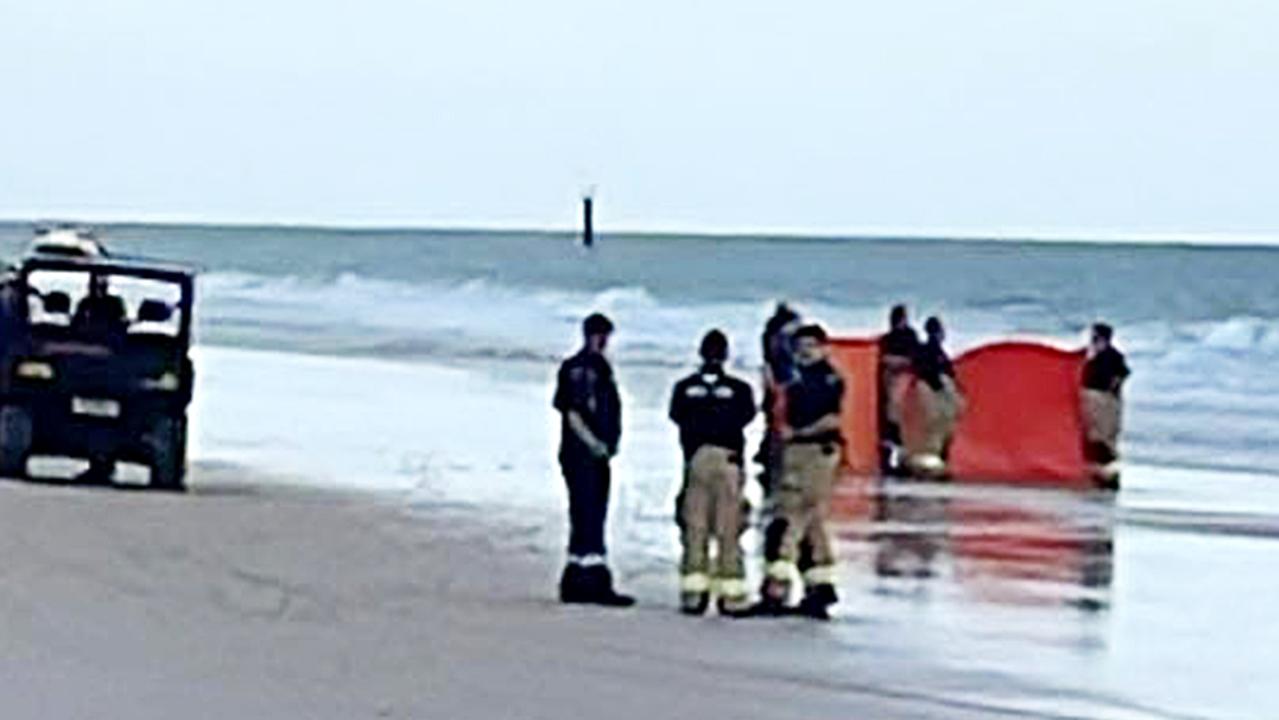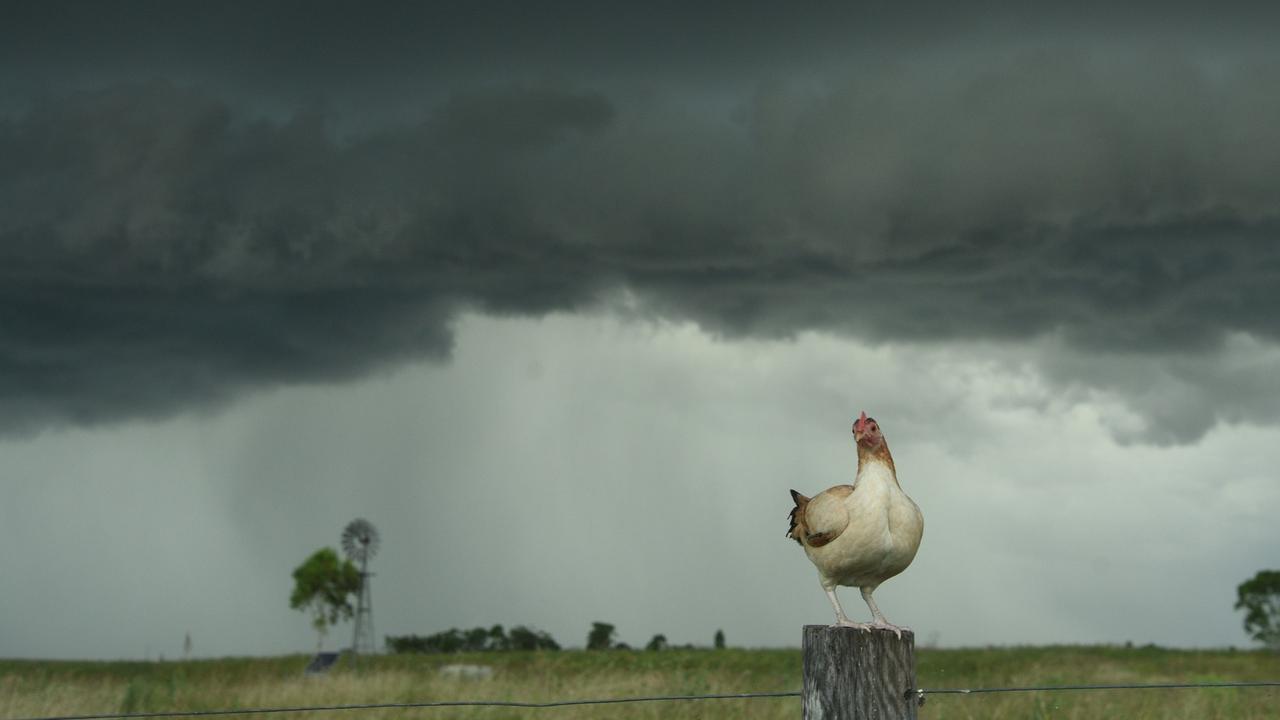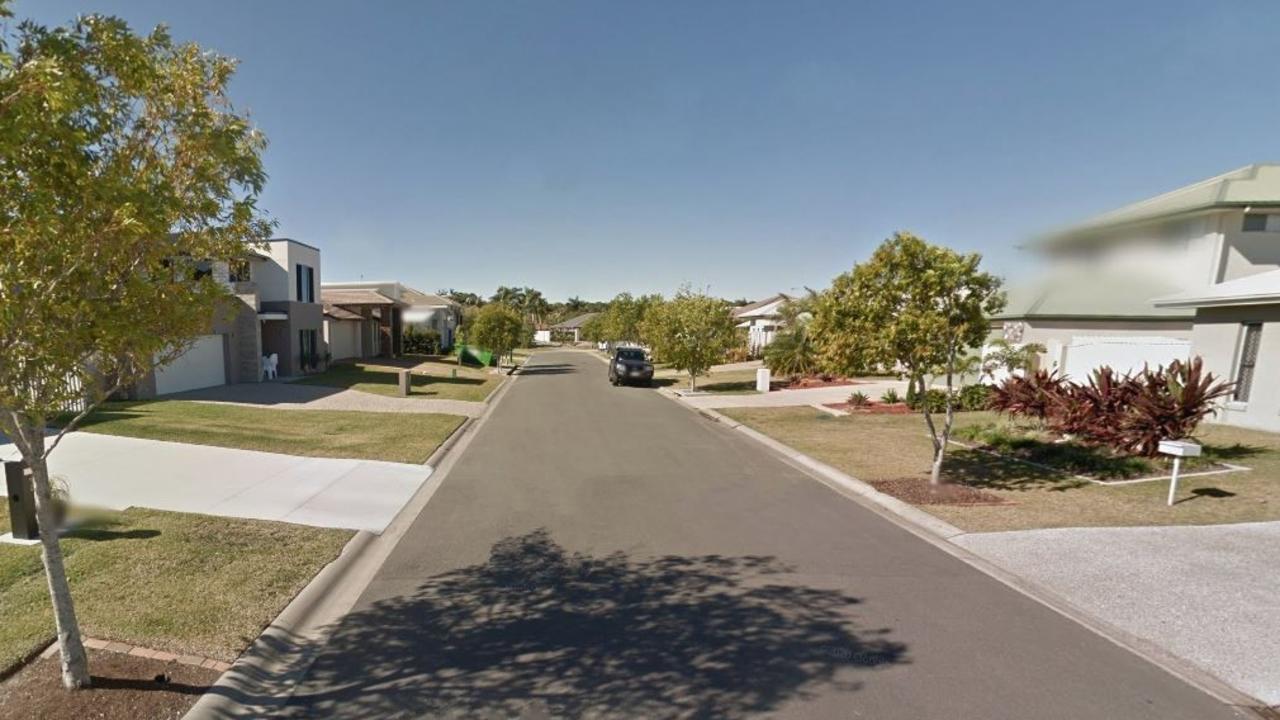’I went splat’: Dad unable to play with kids after horrific incident
As major medicinal cannabis projects get the green light near Toowoomba, here’s how every day residents are accessing it right now and what it’s like working at a legal drug farm.

News
Don't miss out on the headlines from News. Followed categories will be added to My News.
Toowoomba’s Michael Sacagio was aged in his early 30s when a life-changing workplace incident left him with serious injuries, unable to play with his children, work and at one stage, walk.
Mr Sacagio was lucky to be alive after falling four storeys resulting in breaking his back and suffering severe bone breaks in his arms and legs in 2018.
Now aged 36, the father-of-six has opened up about how being prescribed medicinal cannabis has changed his life again – for the better.
“I worked full-time from the day I left school and haven’t been able to work since the day I went splat,” he said.
“My life has essentially been turned upside down, but (medicinal cannabis) has helped me to cope, sleep better, reduce anxiety and pain and gives you a greater capacity to accept how life is now.”
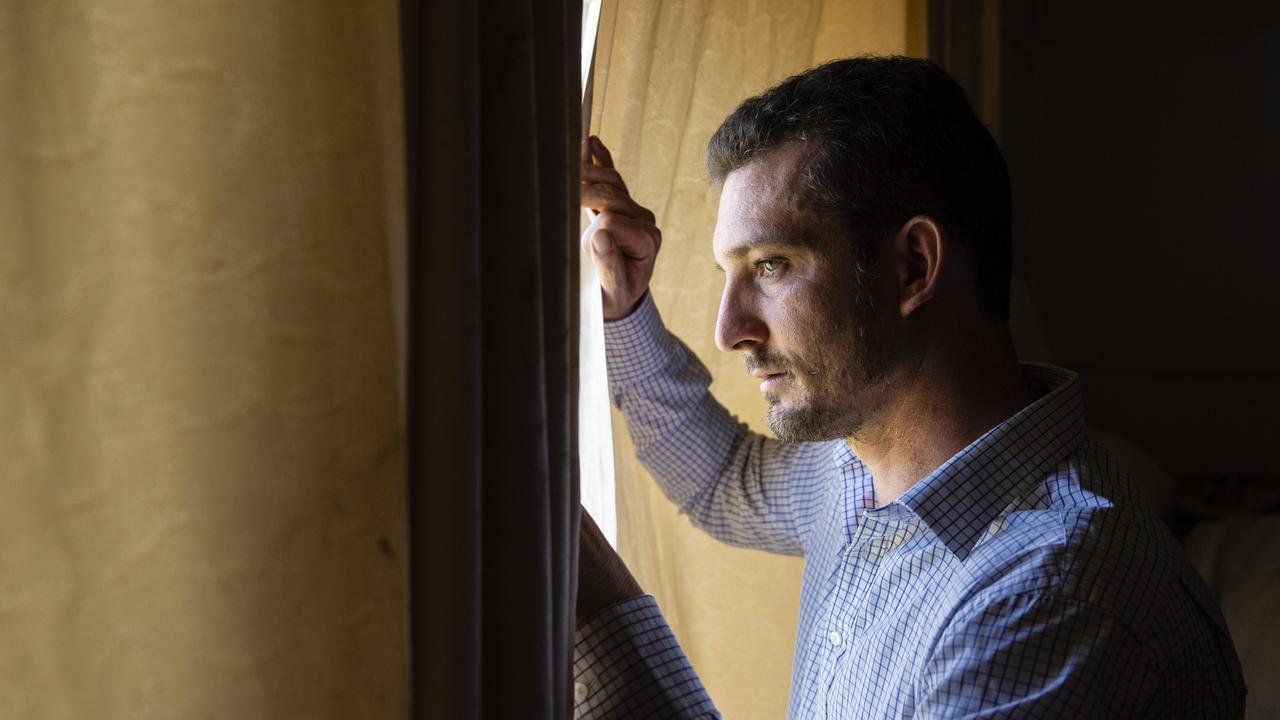
It took Mr Sacagio about a year to walk again, now has titanium plates throughout his body and he was only just released from the Geriatric Adult Rehabilitation and Stroke Service.
After initially being prescribed opioids and other types of pain medication, Mr Sacagio found he was experiencing adverse side effects including intense nausea and excess weight gain.
Taking matters into his own hands, he sent a DNA sample to an Australian laboratory for scientists to analyse how his body was responding to medications with results indicating the current methods were not working.
It was then he approached his doctor who deemed him eligible for cannabis through the Special Access Scheme, which he has been on for at least two years.
While Mr Sacagio admits it can take up to six months for some patients to receive approval, it took just weeks for his application to be processed and he believes it took a few weeks of using medicinal cannabis to see a difference for his mental health and pain levels.
He said the prescription is sent straight to his Gold Coast-based pharmacy which he then calls to place an order.
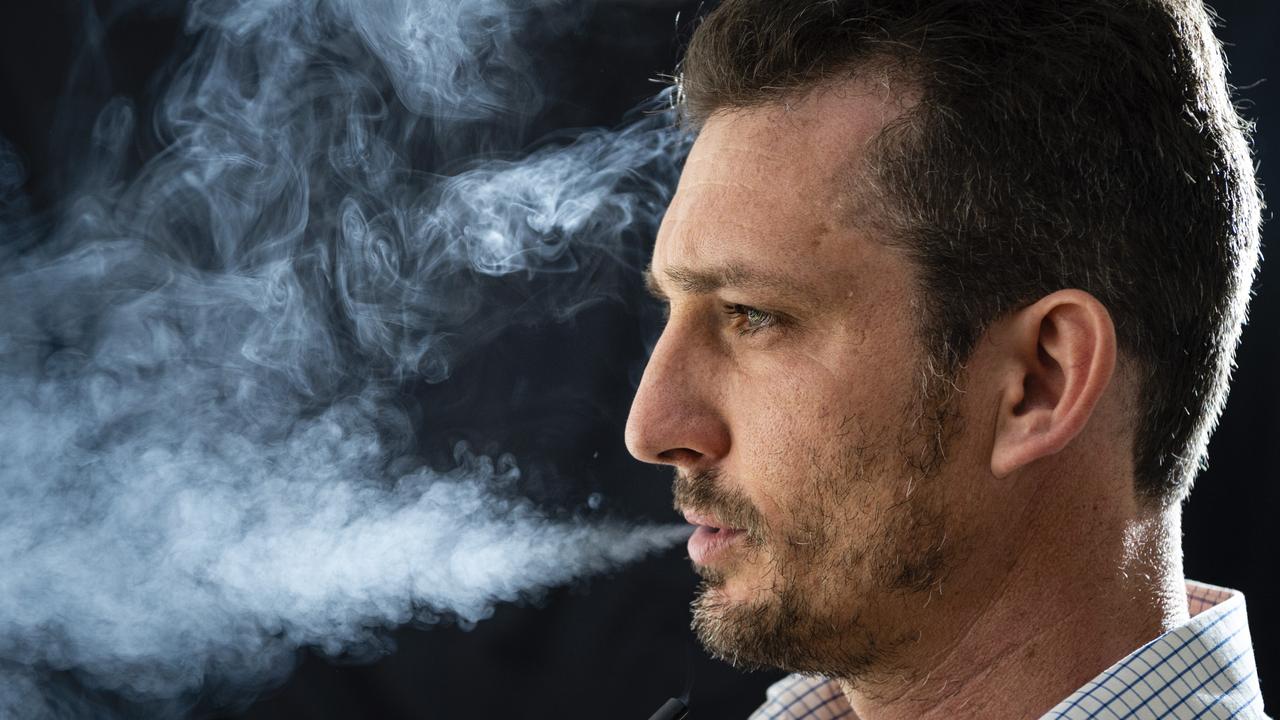
His prescription includes a dose of extract oil which contains two cannabinoids, every morning and afternoon, as well as a flower which offers shorter lived relief but can be used for more intense pain.
As of June 30, the TGA had approved 1246 Autorised Prescribers for medicinal cannabis products.
According to data provided by the TGA, more than 248,000 prescriptions have been approved in Australia throughout the past five years, 85% of which have been issued since January 2020.
The Toowoomba father said while society’s perception on medicinal cannabis was starting to change, more education was required, specifically for health and law enforcement professionals.
Not covered on healthcare, Mr Sacagio estimated medicinal cannabis users to spend more than $1000 for a month’s supply and that was being conservative.
“Even though it’s legal, there’s still a massive stigma surrounding it and there’s still a lot of barriers for people,” he said.
“For people like me who can’t work anymore and are most likely to be participants of the program, it’s really expensive and we’re not in the position to be able to afford it.”
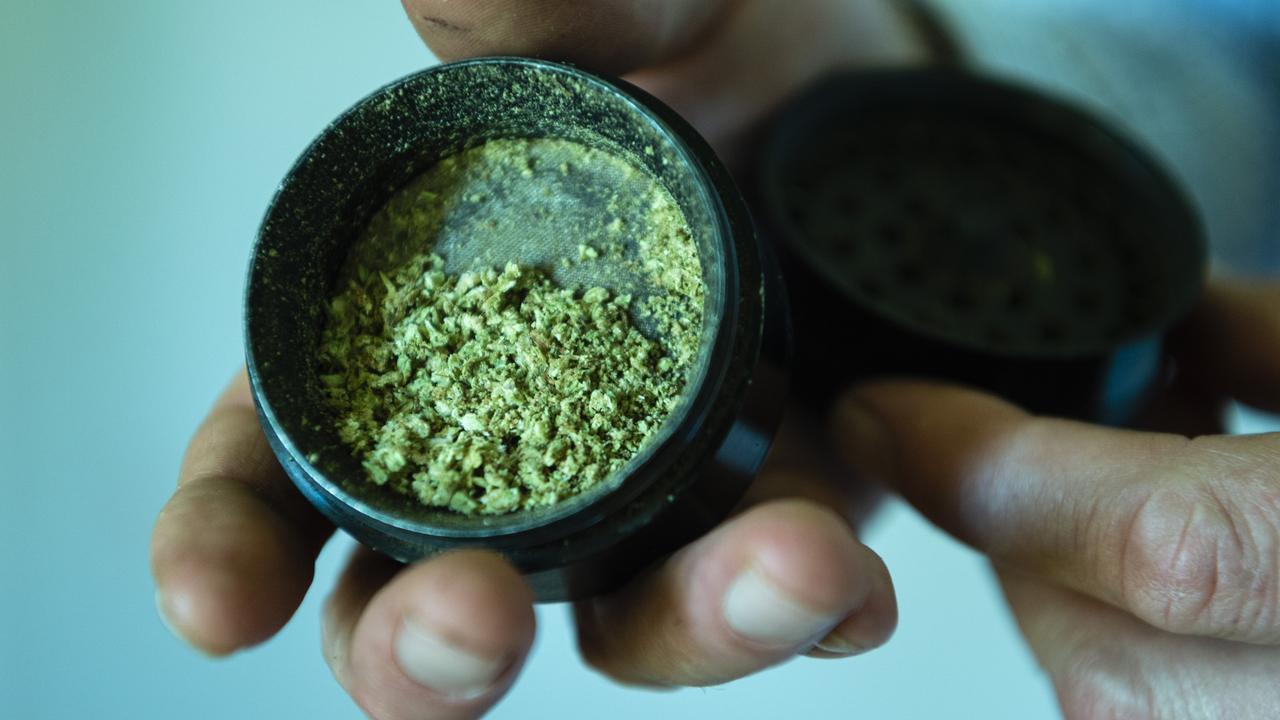
Emerging industry promises to boost Toowoomba’s economy
It’s the highly anticipated medicinal cannabis facility which has projected to bring hundreds of jobs and a boost to the region’s economy and now, the reason for the delay can exclusively be revealed.
Canadian company Asterion Cannabis president and chief operating officer Hamish Sutherland said the proposed Toowoomba facility has been in the pipeline for the past three years but is facing a new hurdle.
Initially expected to open its doors this month, Mr Sutherland said he anticipated it would now take a further 18 months to see the light of day as a result of the capital markets “drying up”.
He said the current market trends indicated the industry’s best performing companies had taken a “walloping” over the past 18 months and were down by at least 25 per cent.
“The capital has been sucked out of the market,” he said.
“It’s not in a mood to throw new capital at an industry that has yet to prove itself.”
When the facility does eventually open, Mr Sutherland said its projected to produce 125,000kg during its first phase and employ 400 people in addition to maintenance and food service contracts.
“We may not have those who are using cannabis as a medication work for us – it is part of the OCS regulations and laws that employees have to sign a document saying they have not nor will not consume the product,” he said.
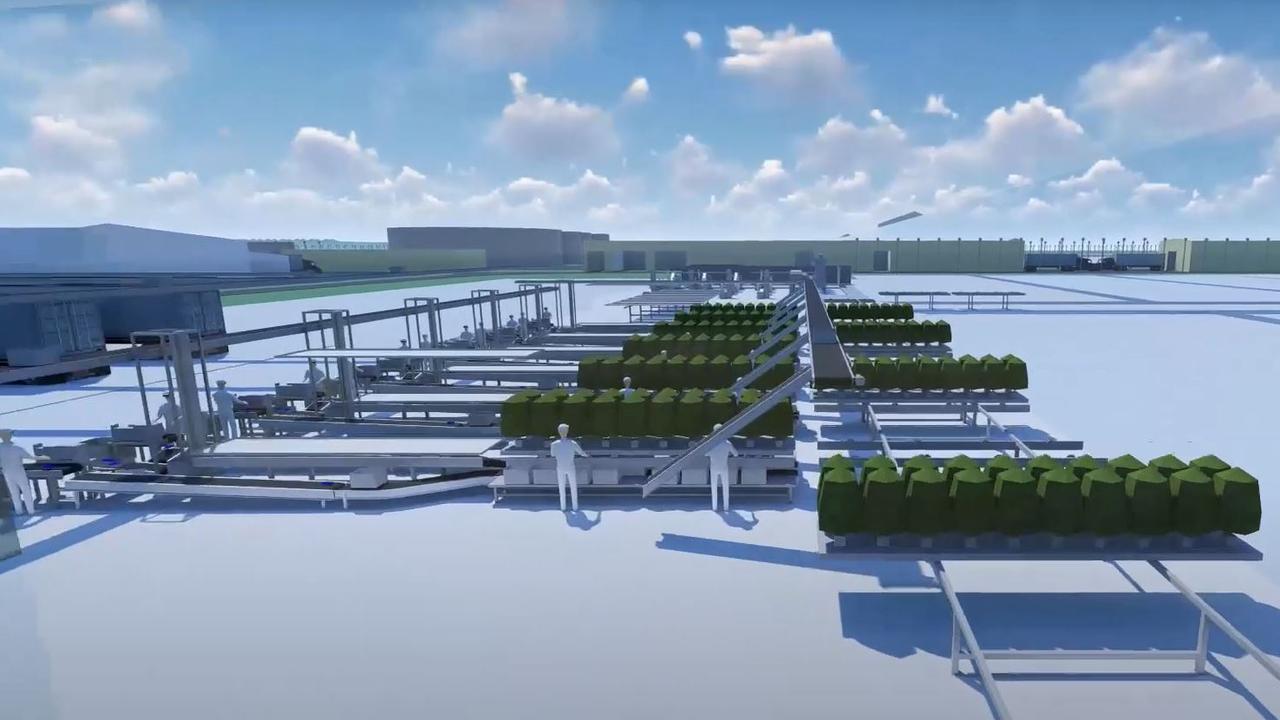
“When people are in our building, it’s not like the lunch bell rings and they get in their car and head off to Burger King.
“We feed and house them on site because they’re wearing protective equipment and we can’t have them going back and forth into what I call the wild and bringing back pathogens which would impact the crop.”
Asterion chairman and CEO Stephen Van Deventer was part of the team that turned Canada’s Aurora Cannabis into the second largest company of its kind in the world.
Mr Sutherland said the Wellcamp Airport site was the perfect location and met a lot of key criteria for the organisation.
He said while he believed the demand in Toowoomba was growing, the purpose of the facility was to produce for a national market, not solely regional.
“When you plan on building four million square feet, you are dedicating your commercialisation of those products to global markets, not just the Australian market,” Mr Sutherland said.
“So it was always going to be 90% exported from our facility and only 10% would have been sold in Australia.”
In Canada, it is legal to use cannabis for both recreational and medicinal purposes.
Users are also permitted to drive with up to two nanograms but less than five nanograms of THC in their system.
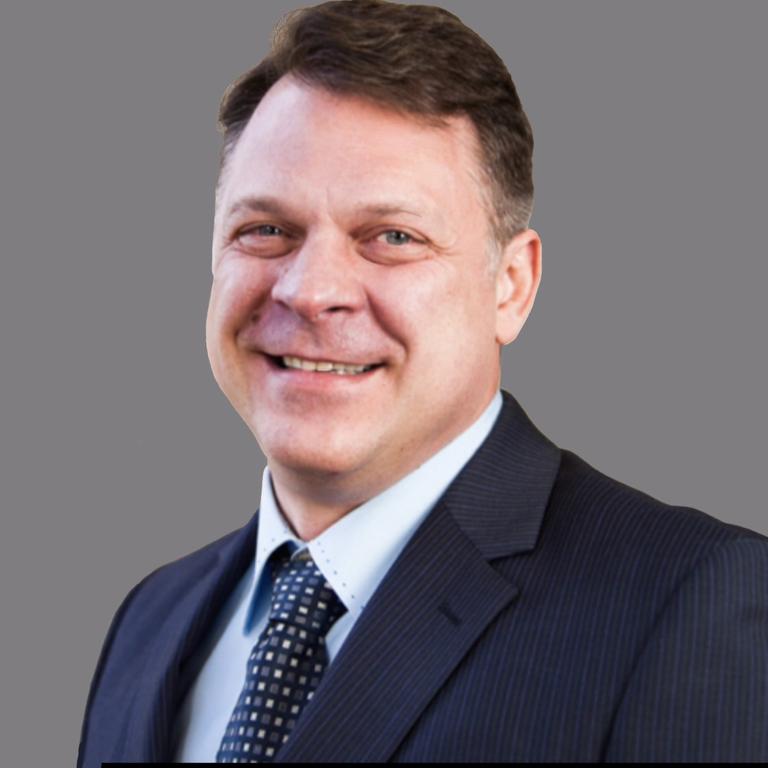
Medicinal cannabis manufacturer Heyday Medical currently supplies a small selection of pharmacies in the Darling Downs through distributors Healthhouse and CanView.
With approximately 120,000 Australians now legally accessing medicinal cannabis, Heyday managing director Phoebe Macleod said her clinic supports more than 1067 patients ranging from the age of eight to 97.
Offering a telehealth clinic service, the organisation allows patients to access products from all over Australia.
“We believe all doctors should have cannabis medicine in their tool kit to get the best possible health outcomes for their patients,” Ms Macleod said.
Ms Macleod said the Heyday medicines are sun grown in regional Australia and the solar-powered facility uses 96 times less energy than conventional grows.
The managing director co-founded the organisation with her brother Dr Jim Connell after they witnessed the benefits of medicinal cannabis first-hand when their mother used it to ease her pancreatic cancer symptoms, but the pair also discovered accessibility limitations.
“Every patient’s journey with medicinal cannabis is unique – some people only require
a tiny dose of 0.2ml to get relief but others may need quite a bit more,” Ms Macleod said.
“Cannabis medicine also doesn’t generally work overnight and it can take several weeks until the full effects are felt.”
How to access medicinal cannabis
In the past five years, the demand for medicinal cannabis has increased significantly with one doctor prescribing the product to more than 300 patients since 2019 and in Toowoomba alone.
St Andrew’s Medical Centre general practitioner Dr Herbert Huskisson said Queensland patients could only access medicinal cannabis through an authorised prescriber or by obtaining approval through the TGA, following an assessment completed by a GP who specialises in the area.
During the assessment of the patient’s condition, the GP is required to assess and exclude risks including prior psychotic disorders, cardiac disease, pregnancy and breastfeeding, before they can issue a prescription on a trial basis.
“There are over a hundred subtypes of cannabis species producing different ratios of CBD and THC,” Dr Huskisson said.
“The products prescribed are mainly oils which are made from the flower of the female plant by heat and carbon dioxide extraction process the oil is used by itself or encapsulated in a gel capsule.”
The GP said research had shown medicinal cannabis was effective in treating a variety of conditions, but there was not a one-size-fits-all product and each patient would need to consider its use on a trial basis only.
While the GP said cannabis was safer than opioids and benzodiazepines as it cannot cause the lethal effects of an accidental overdose, there were still safety precautions users had to follow.
It is illegal to drive with THC in the system and can be detected for up to five days in roadside drug tests with drivers facing penalties and legal consequences.
“Cannabis is no more dangerous than opioids and addictive drugs like benzodiazepines – in fact, it is a lot safer due to the absence of suppression of the central nervous system control of breathing and heart function,” he said.
“Cannabis, specifically THC, suppresses reaction time and concentration and therefore is not safe in driving, especially within the 12 after a dose.
“CBD does not have the same suppressive effect and is safer, but caution is advised.”
Dr Huskisson said medicinal cannabis was expensive and only some private health providers currently offer to contribute to the costs, but some companies provide discounts for concession and pensioner patients.
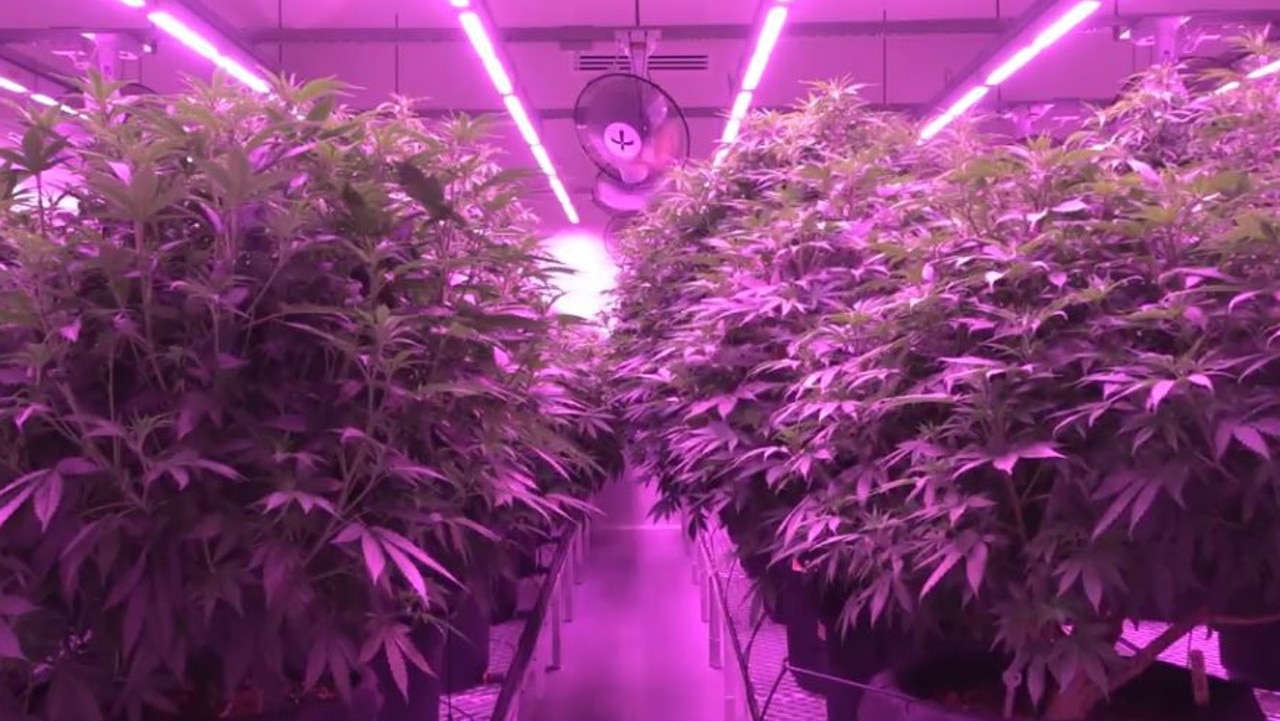
Scott Street Pharmacy’s Tim Brook said there was a broad array of medicinal cannabis products which can contain a mixture of CBD, THC, high-CBD or high-THC.
The Toowoomba pharmacist said each strain targeted different conditions and were available in the form of oils and capsules which are delivered orally or as a flower which is inhaled through a vape.
“(We do) a lot of medicinal cannabis dispensing, which allows us to stock a wide range of products so that patients can get the medication they need on the day that its due,” Mr Brook said.
“A wide array of health benefits have been identified and are now being delivered through precise dosing of verified strains and amounts of THC and CBD to deliver exactly what is intended by a specialised prescriber to treat conditions which conventional medications have not been able to, or have done so with unbearable side effects.”
In addition to dispensing medicinal cannabis, other equipment including scales, vapes and grinders are also available at participating pharmacies and for medical purposes.
Mr Brooks said some patients had experienced difficulties in acquiring medicinal cannabis from pharmacies due to stock limitations, varieties and storage requirements.
He said while the true benefits of the therapeutic medicine were starting to be recognised, there was still a stigma surrounding medicinal cannabis.
“The obvious misconception around cannabis in general is that it’s just abused as a dangerous street drug, however this is far from true,” Mr Brook said.
“More and more people are seeking treatment for conditions which have previously gone unmanaged.”
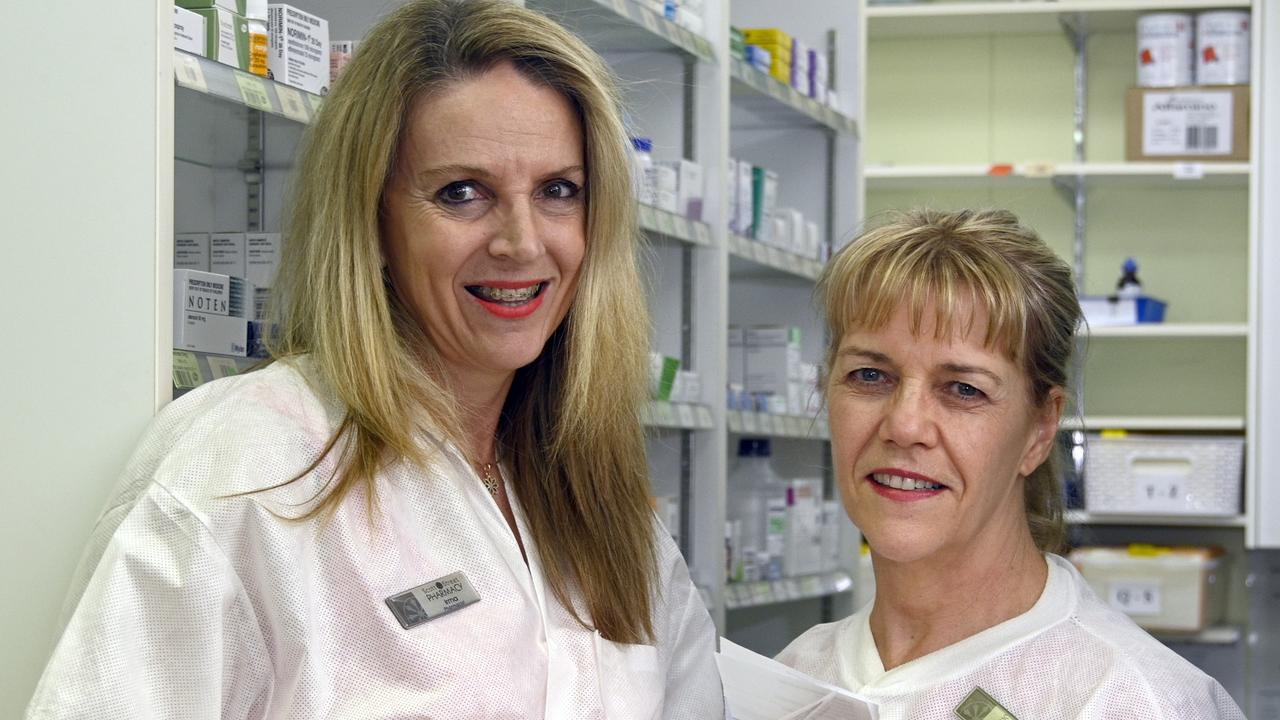
CA Clinics general manager Dolly Shukla said it was the first healthcare network to bring medical cannabis therapies to Australia and the organisation worked alongside specialists in DVA health, pain, oncology, addiction and psychiatry.
The telehealth service provides holistic care for patients across Australia with the largest patient volume in Queensland, Victoria and NSW.
“Research clearly shows that there is a medicinal cannabis ‘boom’ happening in Australia,” Ms Shukla said.
“As medicinal cannabis clinics continue to open in Australia, public knowledge on the
therapeutic use of medicinal cannabis is still lacking, which is fuelling a widespread lack of
understanding of this treatment.
“Stigma among both consumers and healthcare providers also represents a major barrier, and it’s preventing people who would benefit from medicinal cannabis from being able to access the treatment.”
Ms Shukla said in order to raise awareness and enhance public understanding, red tape that limits the ability to publicly communicate about medicinal cannabis must be removed.
She said education and training initiatives for practising healthcare professionals and embedding this in the tertiary education curriculum would also assist.
The organisation also offers eligible veterans access to medicinal cannabis for no cost, as well as fully bulk-billed consultations with DVA pain specialists and physicians.
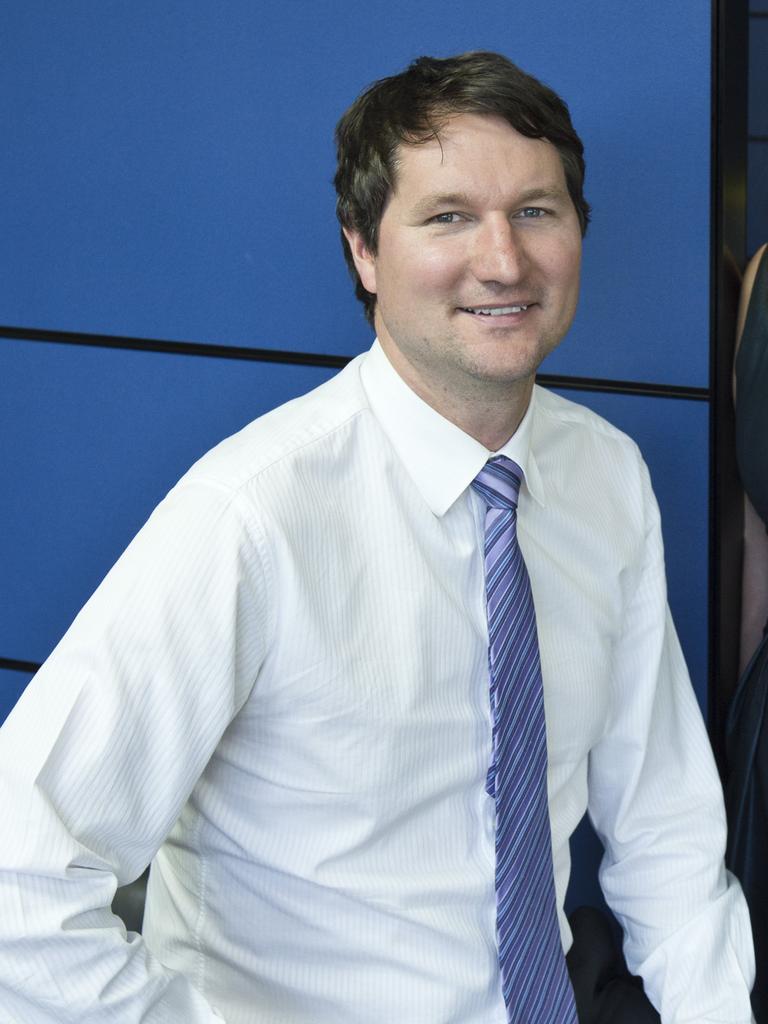
Questions raised over drug driving law reform
Bouchier Khan Lawyers director Nathan Bouchier said in his experience, the main complication he had observed since medicinal cannabis was legalised in Australia, was the confusion surrounding or failure to comply with drug driving laws.
He said if someone on the medicinal cannabis program who is prescribed and taking a THC-based drug orally drives, it was highly likely they would test positive on a saliva test issued by a police officer.
“In Victoria they are looking at changing the laws so if you are on the medicinal cannabis program, you’ll only be prosecuted if you are at a level where you are adversely affected in your ability to drive,” he said.
“There needs to be some more research into what levels of THC, if anything, is safe for people to drive under and the law should be changed to bring that into line for people who are on the program.”
The Toowoomba criminal law specialist said drug driving and unlawful possession were the two most common cannabis-related offences he saw dealt with in court.
He said while it varied depending on each situation and the individual’s criminal history, the standard penalty for a first time drug driving offence would be a fine and licence disqualification for at least one month.
Meanwhile first time offenders found in possession of a small amount of homegrown cannabis for personal use will usually be ordered to attend a drug diversion course.
Mr Bouchier said repeat offenders found possessing much larger quantities could face penalties ranging from significant fines to imprisonment.
“I’ve seen more people in the last six to 12 months who have been charged and then subsequently gone and obtained it by way of a prescription lawfully,” he said.
The law professional recommended users on the medicinal cannabis scheme to discuss issues surrounding medicinal cannabis and driving with their medical practitioner.




